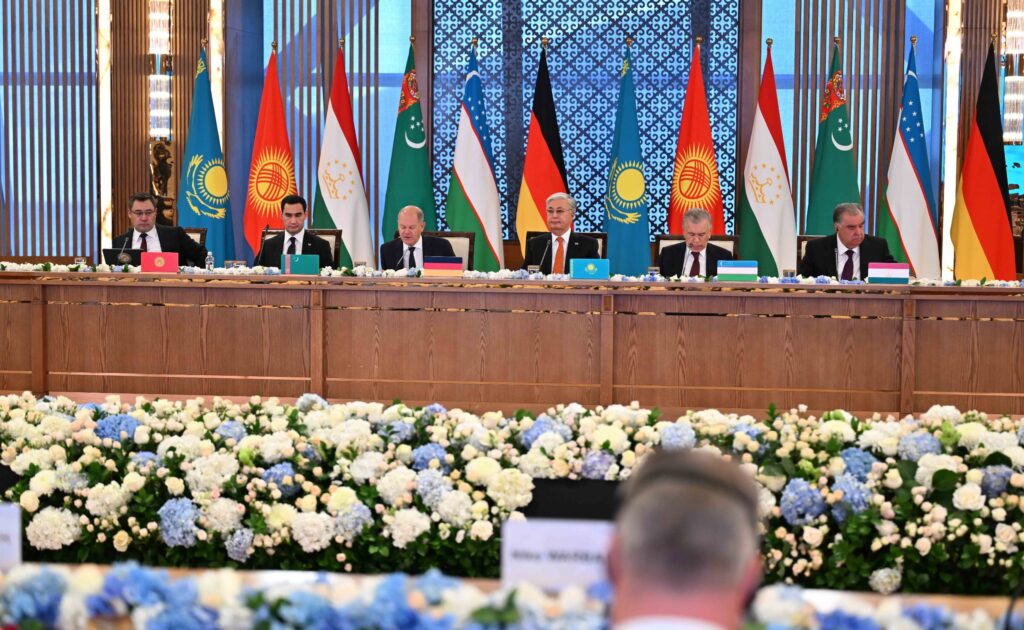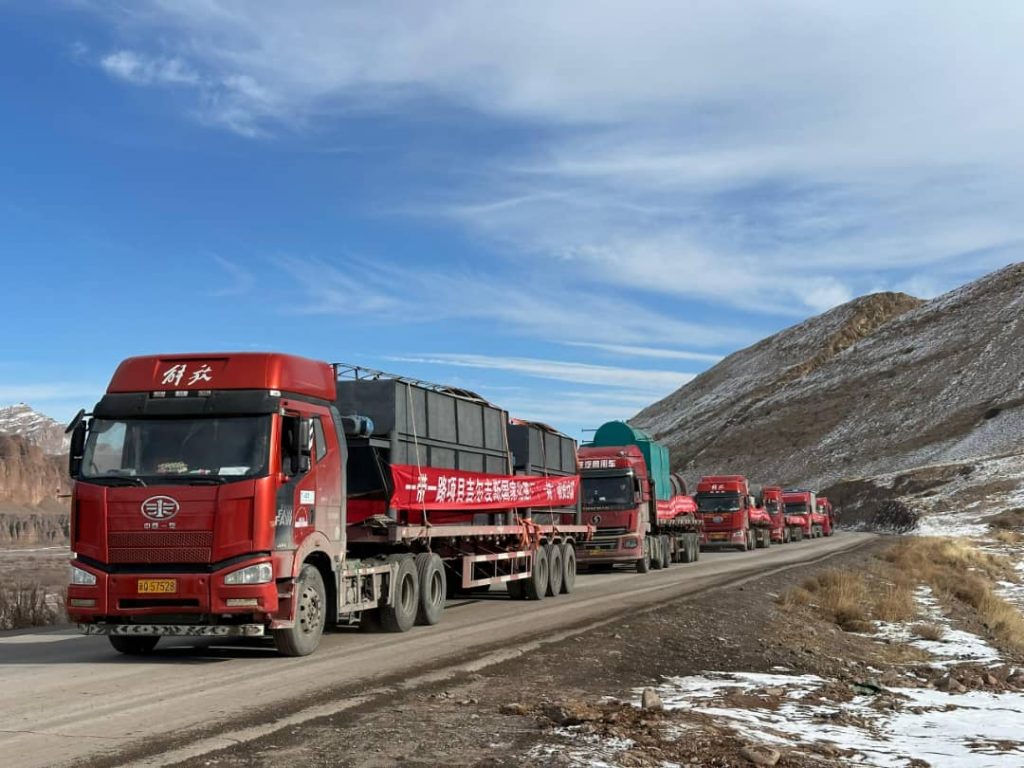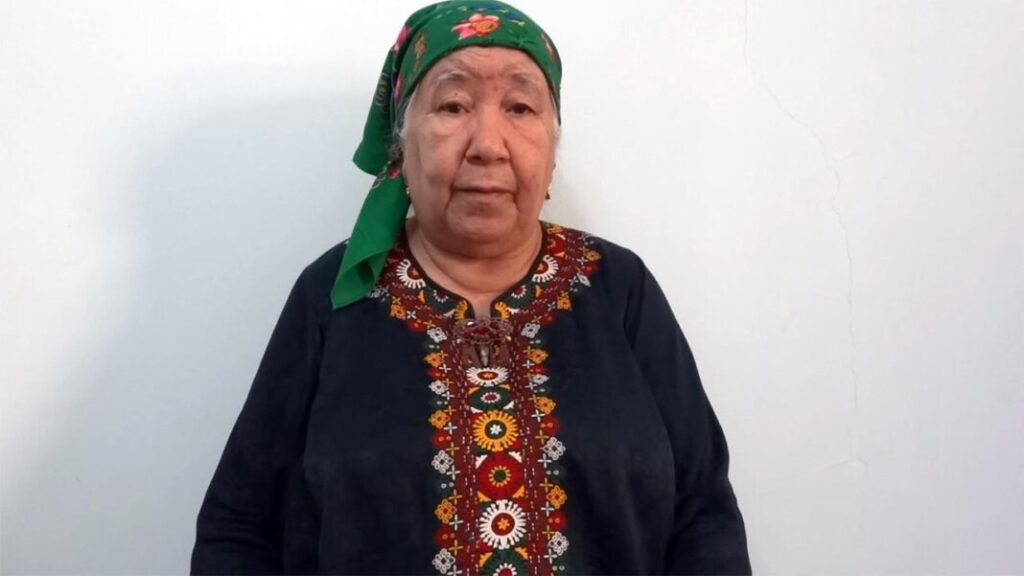BISHKEK (TCA) — Reports have surfaced from the Xinjiang Uighur province of China claiming that Han Chinese security forces have imprisoned an estimated 120,000 members of the Uighur minority in “reeducation camps,” nominally to stamp out radicalism in the Muslim ethnic group, Russia’s Sputnik news agency reported.
Radio Free Asia (RFA), a Washington-backed news outlet that is one of the few foreign outlets able to report from the highly secure region of Xinjiang, claims that a Chinese security official told them of a major spike in reeducation imprisonments in the last 18 months.
“I have great relationships with the heads of all the government departments and we are in regular contact, informing each other on the current situation,” the anonymous official said this week. “Around 2,000 [are detained] from the four neighborhoods of Kashgar city, as well as an additional 30,000 in total from the city’s 16 villages.”
The report claims that the re-education centers are filled to bursting with new detainees, most of whom come from the large city of Kashgar. That city has been the site of friction between the central government in Beijing and the local Uighur ethnic group since China enacted stricter security measures in mid-2016.
The crackdown coincided with the appointment of Chen Quanguo to the secretariat of the province. Chen previously distinguished himself as the secretary of the similarly restive province of Tibet from 2011 to 2016. While the security situation did improve, human rights groups slammed his methods as abusive.
Upon taking office in Xinjiang, one of the first things Chen did was hire tens of thousands of new police officers, as he had done in Tibet. He has also pushed for the creation of reeducation centers to intern those who have shown themselves to be “politically unreliable” or resistant to Chinese state ideology.
A Human Rights Watch (HRW) report on the camps from September said that detainees were held without due process or being charged with a crime. Some detainees were held for religious offenses such as “excessive praying,” while others had accessed forbidden websites.
Beijing describes the centers as “extremism eradication” centers, meant to redirect the radical tendencies of those sent there in order to help them reintegrate into society.
Although no official figures exist, the new detainees are estimated by RFA to number around 120,000. Maya Wang, an HRW China officer who has researched Beijing’s reeducation camps in the past, told The Guardian this week that she agreed with RFA’s estimates — although she added that accurate estimates are impossible to gather.
She also said that some liberal estimates placed the number of detainees past or present in Xinjiang at 800,000. “It’s just like a black hole which people are added to and don’t get out of.”
The real purpose of the centers, Wang said, was to brainwash Uighurs and slowly disassemble their native culture to supplant it with Beijing’s. “At the political education facilities, they sing patriotic songs. They learn about [Chinese President] Xi Jinping thought. These are patriotic measures aimed at making Uighurs love the Chinese government,” she said.
The 11 million Uighurs of Xinjiang have a contentious relationship with Beijing: despite the province being home to nearly as many Han Chinese as Uighurs, the two groups rarely intermingle. Uighurs cannot serve in the government while holding Islamic views, and generally live in poverty even by regional standards.







